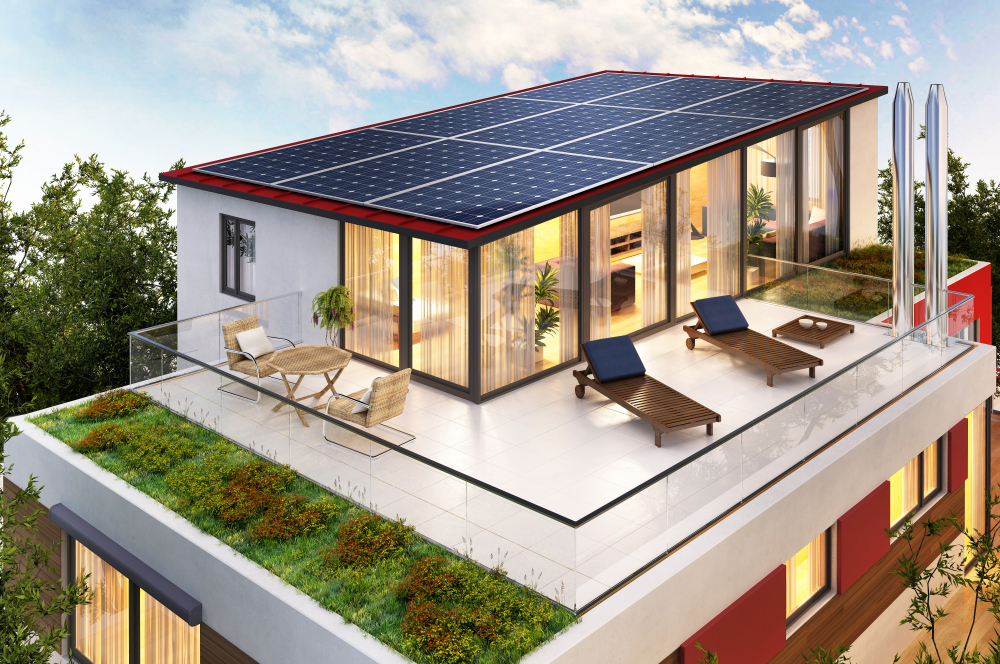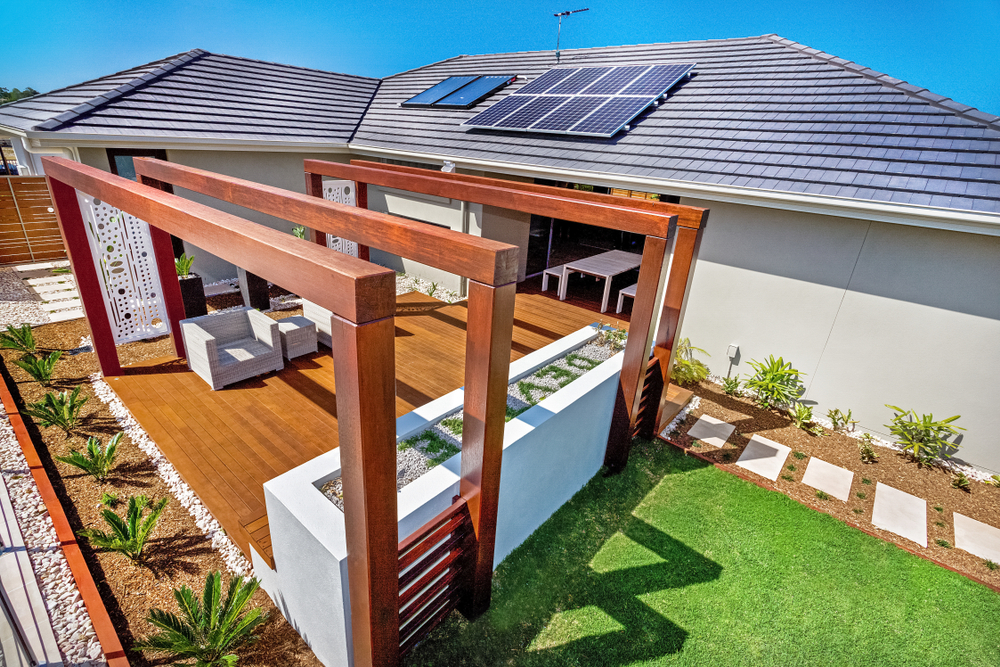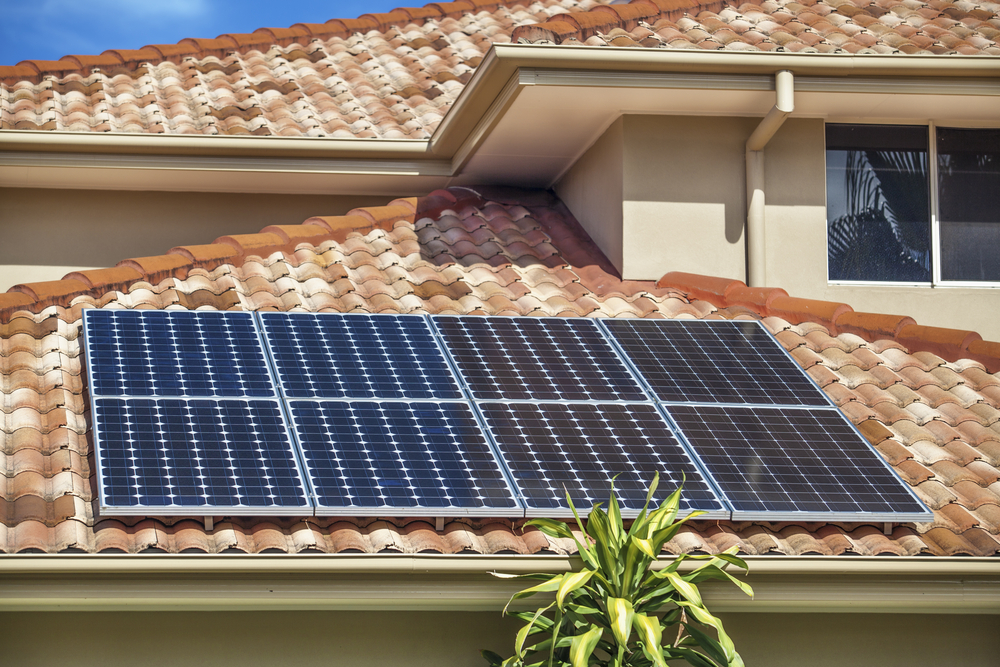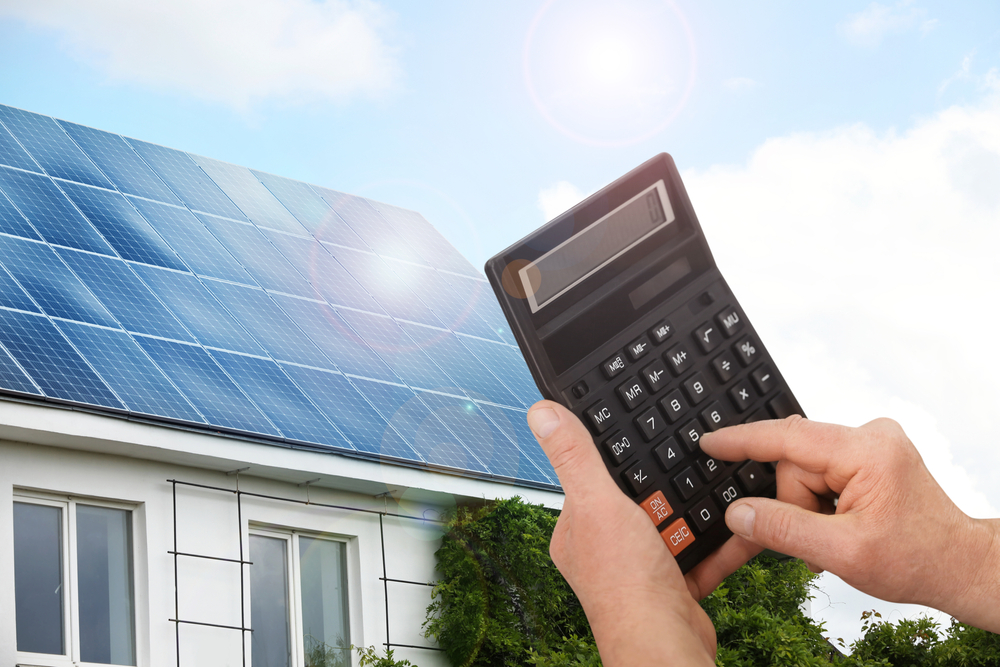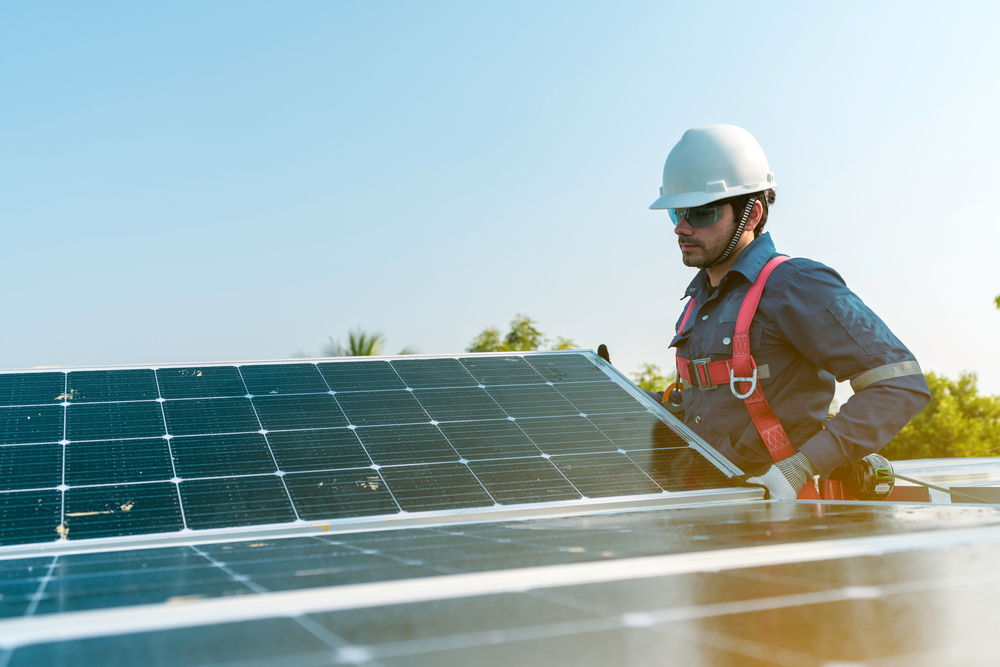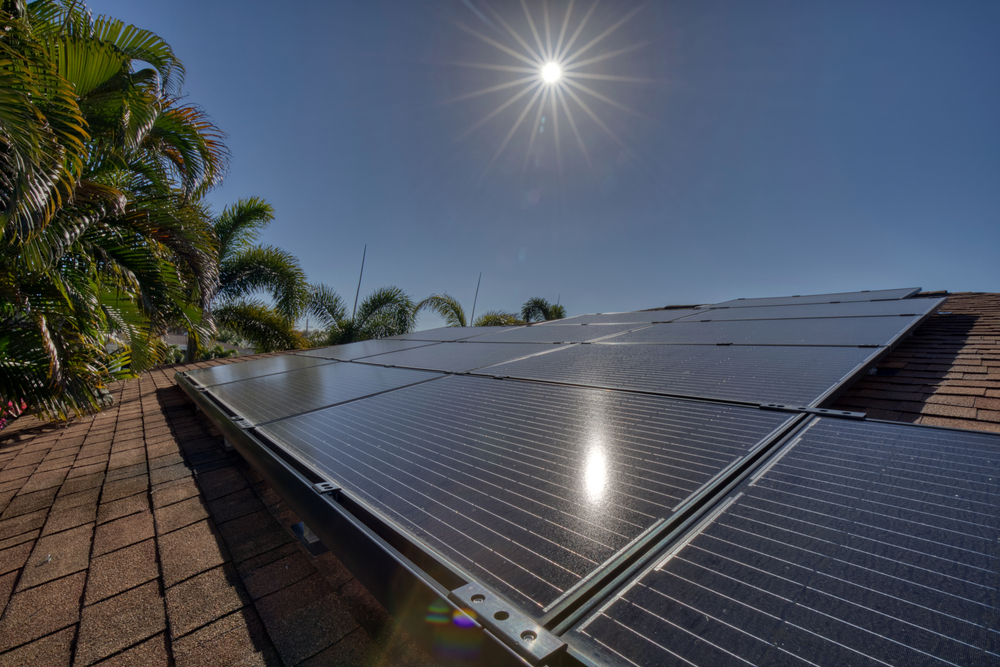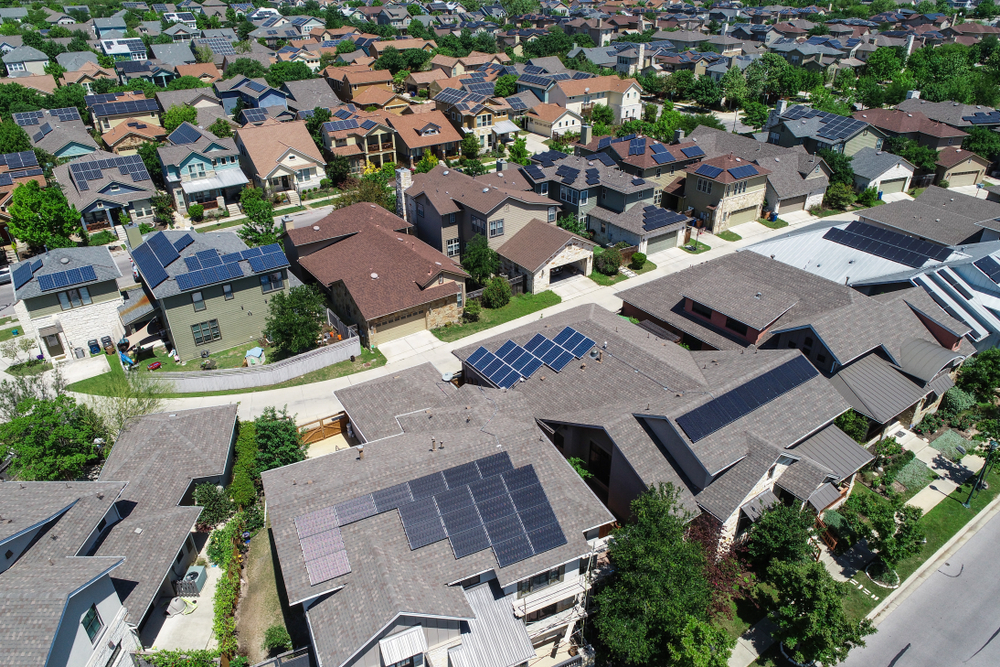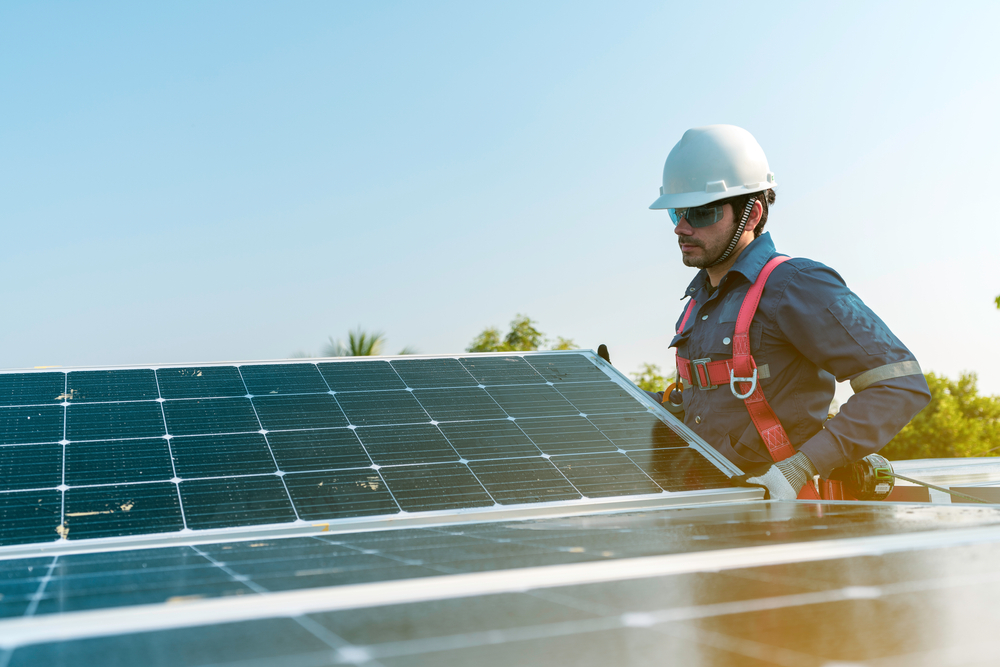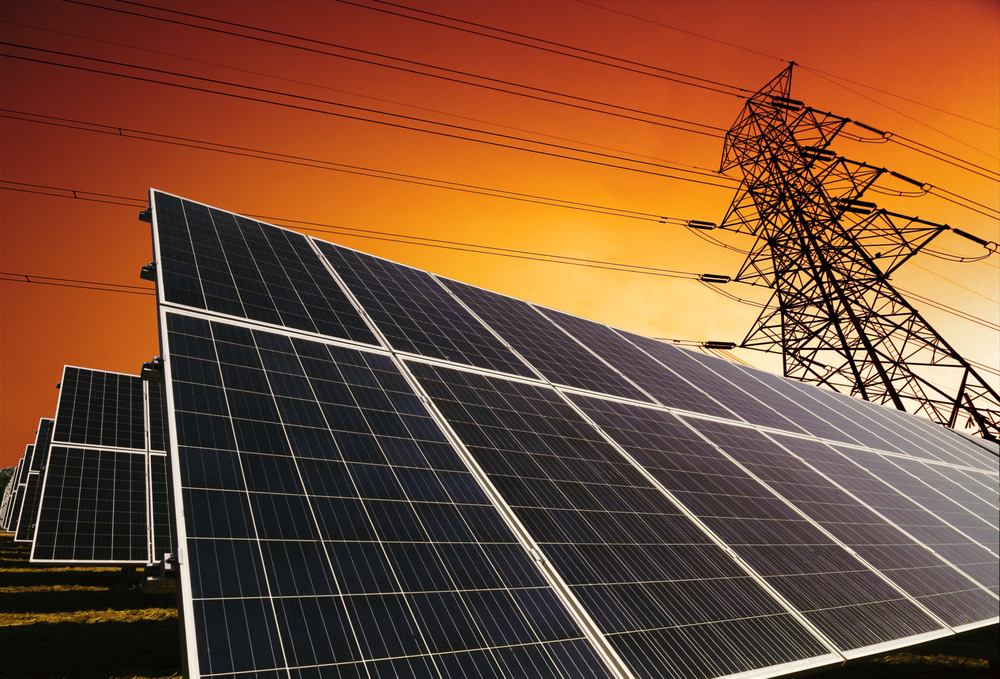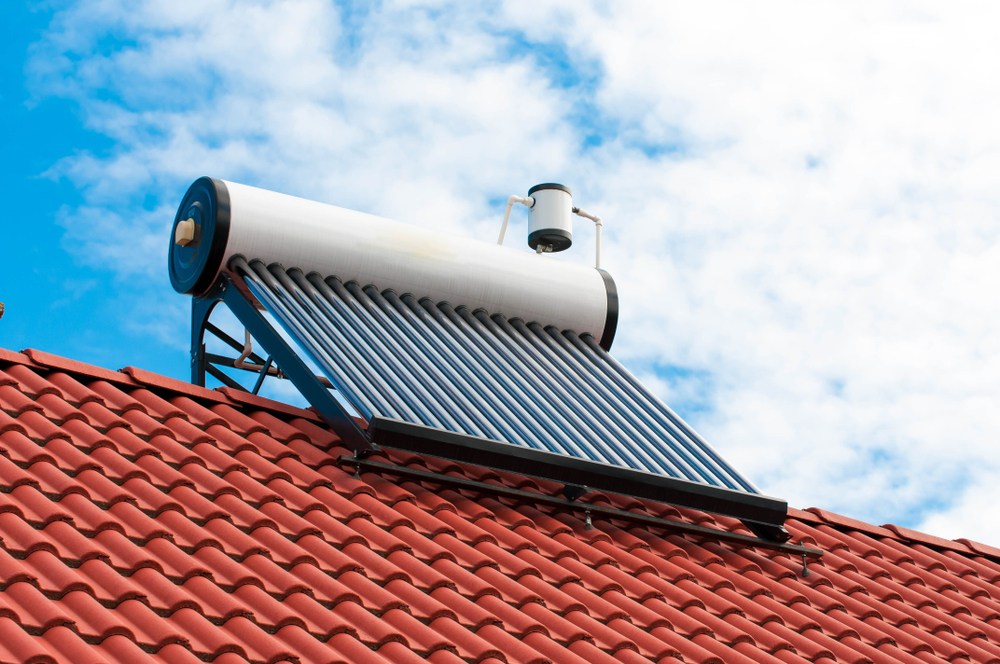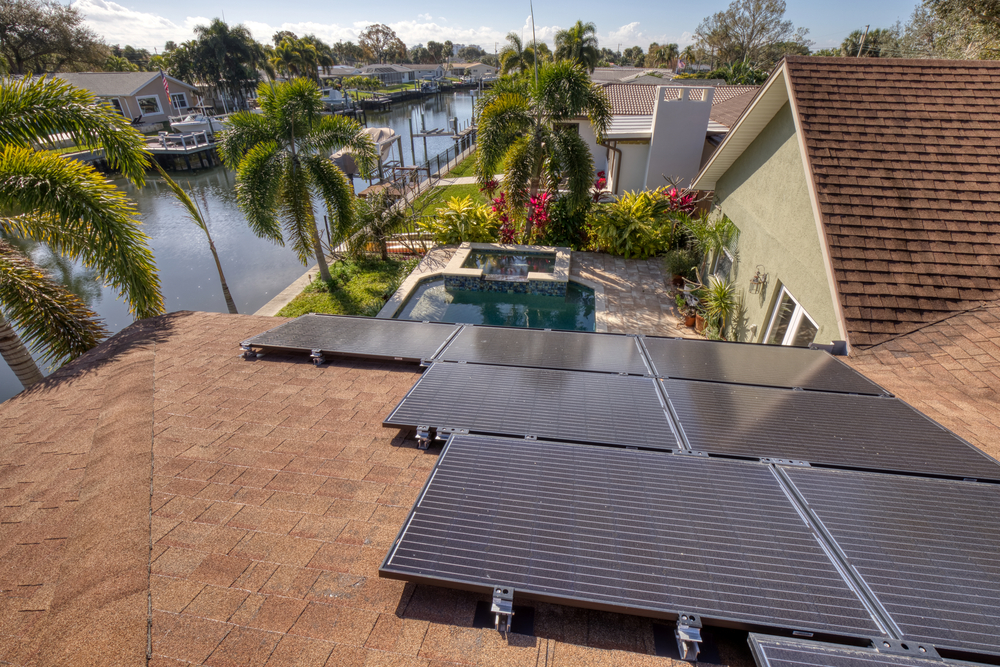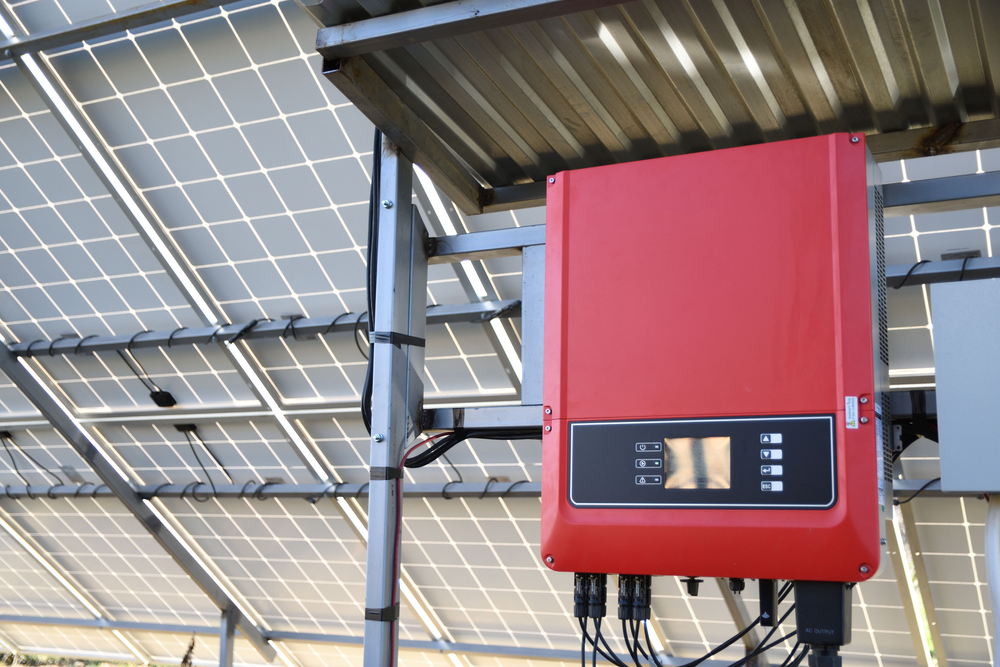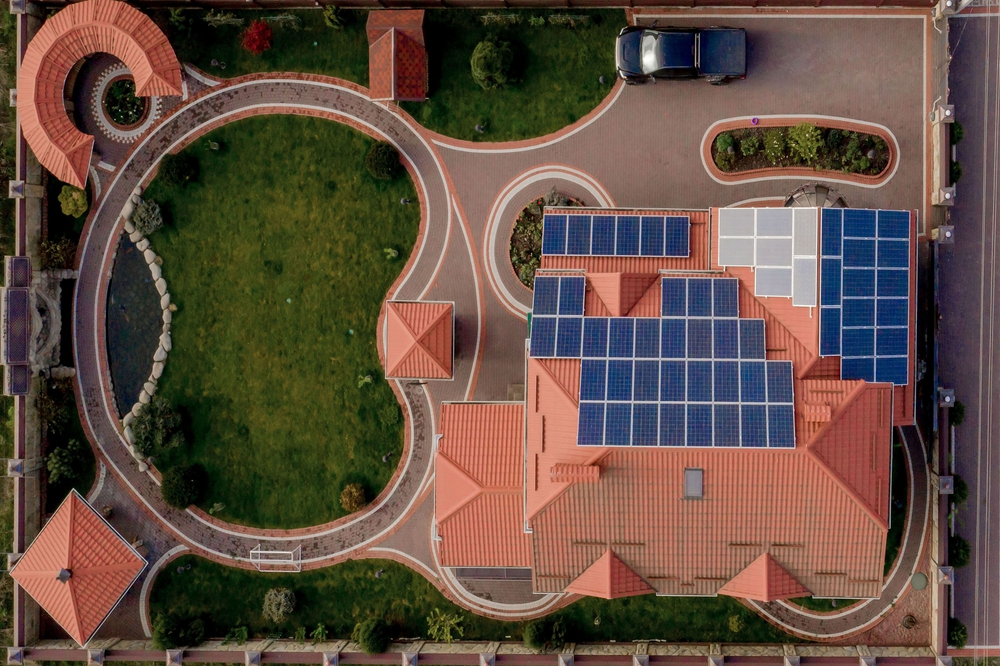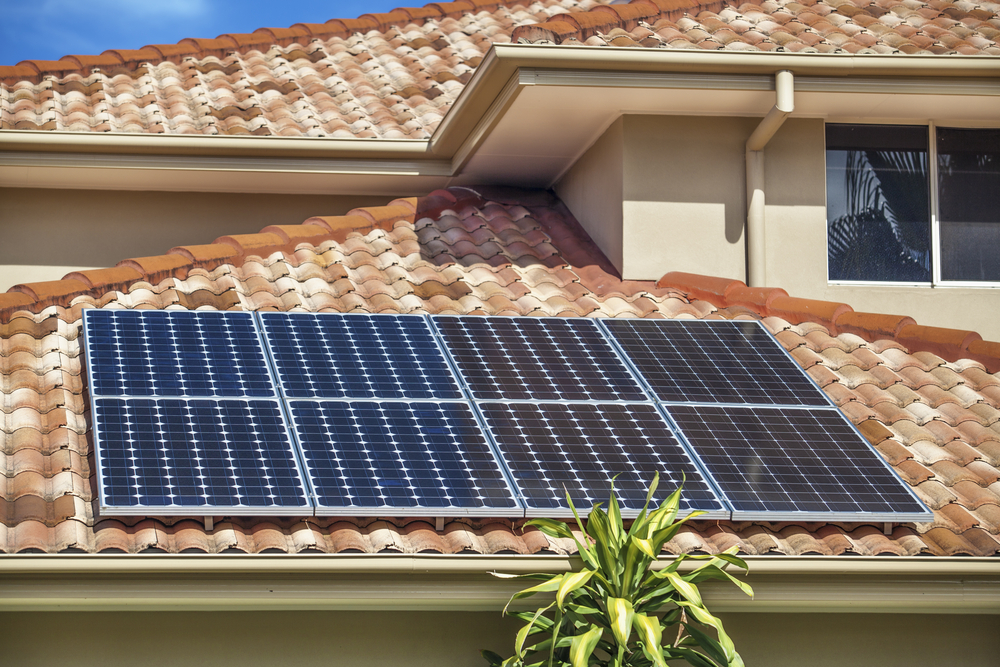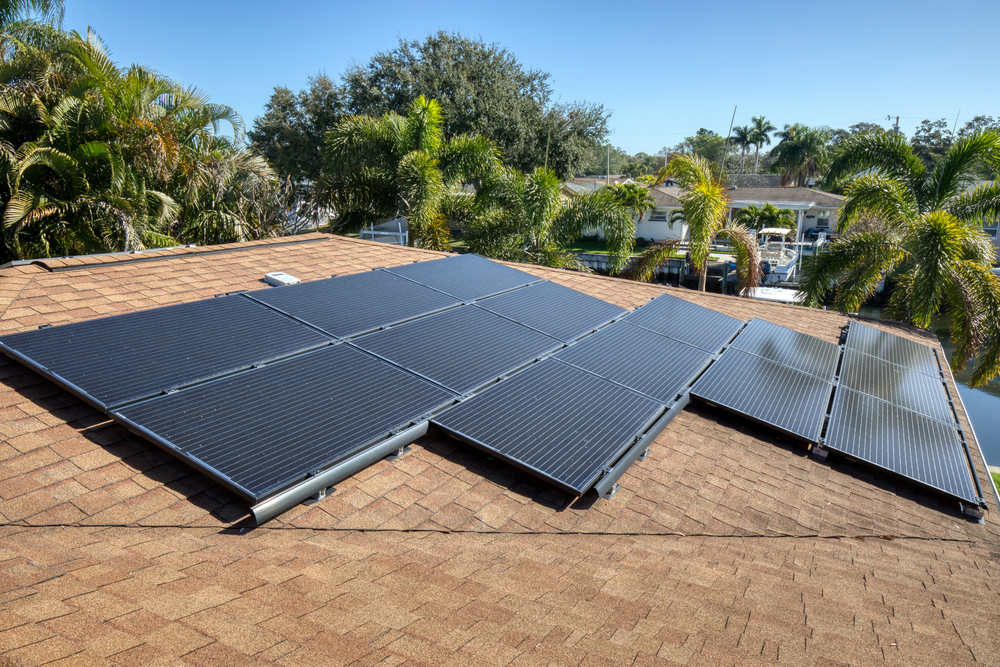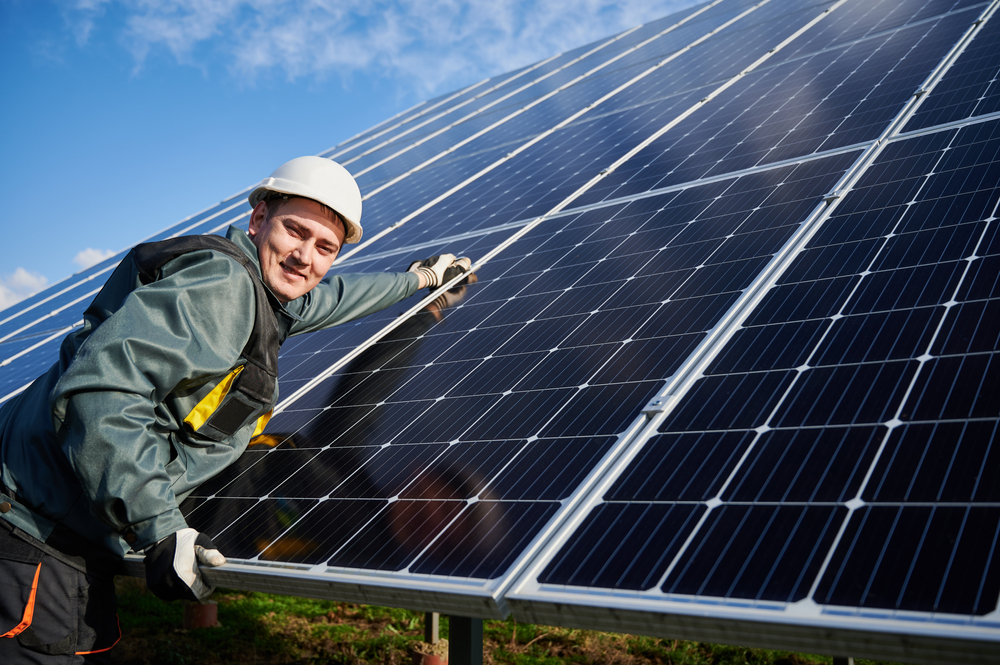Tips for Choosing the Best Solar Panels
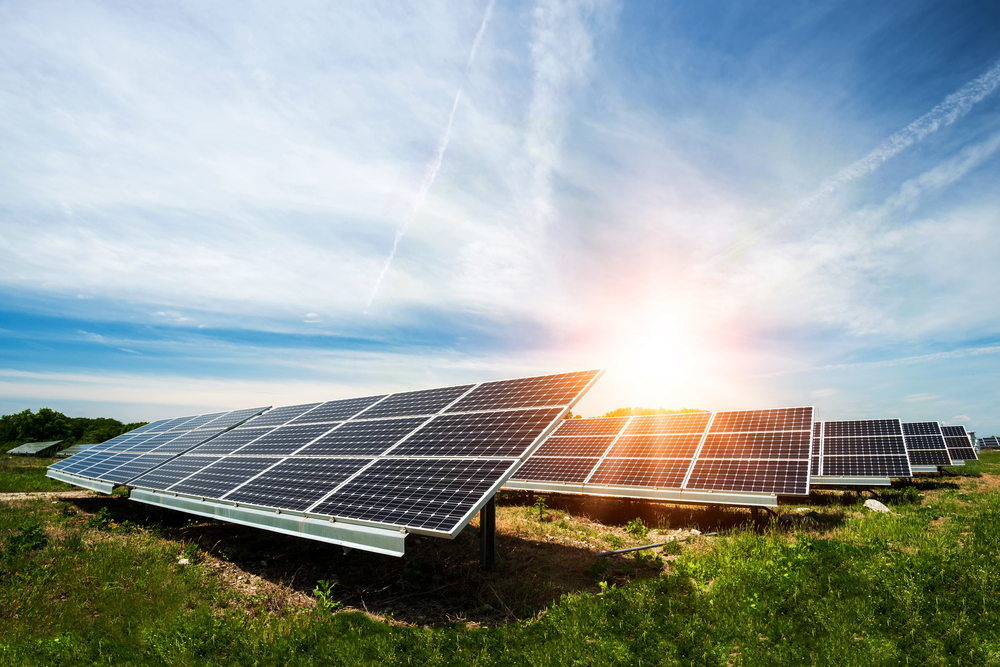
Are you tired of the increasing electricity bills in your household? Have you been thinking about going green but feel overwhelmed about finding the best solar panels?
There is so much information out there regarding solar panels and solar energy that it can be overwhelming. Beyond choosing the right panels and systems for your house, you will need to pick the right company for the installation. If this sounds like you don’t fret. In this article, we are going to help make this process as smooth as possible by discussing tips that should help you pick the best solution.
1. Determine the Right Panels for the Home
There are several different kinds of solar panels, each with its unique advantages. They include Monocrystalline, Polycrystalline, and Thin-Film Amorphous. Each has its pros and cons, but all you need to know for now is that monocrystalline and polycrystalline are the most common.
A reputable solar installation company should help you pick the best option based on your location and budget. Buying an off-grid system is another important thing to consider. That’s because the systems allow you to be completely off the grid and depend on just solar for electricity.
2. Determine Whether Your House is Ready for Solar
Once you have come up with a budget and decided on a system, the next step is to ensure your home is ready for a solar system installation. Some houses are more capable than others, but yours may call for some improvements for the ultimate efficiency.
Your roofing condition and what supports it are the most important things to consider in this regard. Solar panels are not heavy, but in some cases, an engineering study is required. The age of the roof is a primary consideration as well. If it needs to be replaced in the next few years, then it’s advisable to have it replaced before installing a solar power system.
Getting a ground system is an alternative to installing panels on the roof. It may not be the best option in regards to visibility and can consume a lot of space in your backyard. However, if you have an abundance of land, a ground system can be an appealing option.
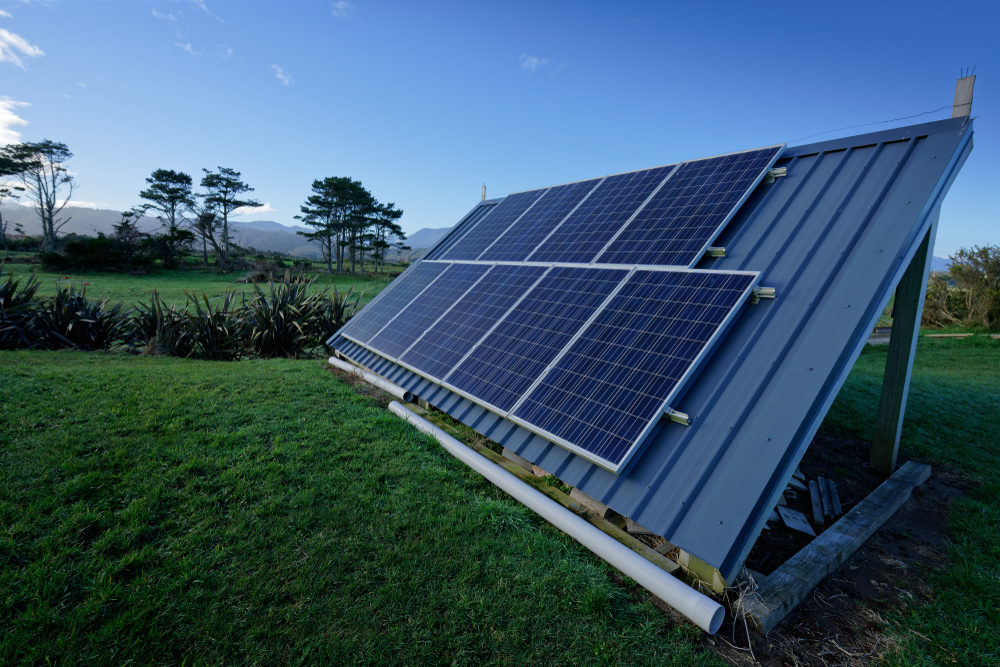
3. The Capacity Level
The capacity level of the panels is another vital factor in picking the right system. Keep in mind, however, that the capacity you ultimately pick depends solely on your requirements. For instance, you should expect a solar panel with a capacity of 300 watts to deliver electricity of this amount. Also, bear in mind that your selection will ultimately affect the price of the panels.
4. Longevity/Durability
The longevity or durability of a solar power system warranty is vital for a variety of reasons. First, it’s an indicator of the manufacturer’s confidence in their products and services. Ideal solar panels tend to have a performance warranty of at least two decades. However, it is imperative to note that a warranty can only be honoured for as long as the company remains in business. This is another reason to go for a well-known module brand instead of an obscure cheap brand that may disappear into the unknown.
Since you will most likely not be able to purchase solar panels straight from the manufacturer, your choice of a retailer and installer is also imperative. It is advisable to pick an installer that’s a service agent for the solar panel warranty job for the manufacturer you pick. This means that if you come across an issue, the resolution turnaround time will be way faster.
Conclusion
With the above simple and straightforward tips, the only thing left is to enjoy your green home. You not only get to save money on electric bills but also reduce your carbon footprint.
If you are looking for a trusted local solar company in Hervey Bay, please contact us today at GCR Electrical Systems on (07) 4120 7004 or leave an enquiry if you would like more information about our solar installation services.

